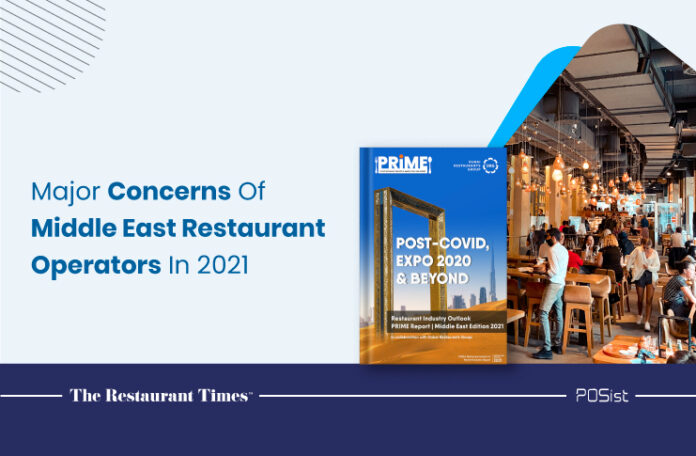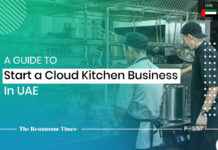The pandemic has presented new challenges before the restaurant industry. From procuring raw materials to delivering food to customers, every little aspect of restaurant operations has taken a hit. Laying off of the restaurant staff and decreased footfall further plummeted the restaurant industry to a new low. In the Middle East PRIME Report, we did a deep dive into the Middle East F&B industry to understand the major challenges that the restaurant operators have been facing, especially post-COVID-19.
5 Challenges Of The Middle East Restaurant Operators
When we asked the restaurateurs about the challenges faced while running a business in the present times, these are some of the responses that we received.
1. High Operating Costs
It is a fact that most restaurants fail within a few years due to high operating costs. The pandemic made matters worse for new startups. Disrupted supply chains made the procurement of raw materials more expensive, increasing the food costs of the restaurants. Along with food costs, labor costs and rentals have also risen during the pandemic. Our PRIME report shows that 62 percent of the Middle-East restaurant professionals feel that high operating costs were the greatest hurdle in their path towards growth. Many restaurateurs are thus exploring new ways to reduce their operating costs in order to survive and grow in the highly competitive F&B industry.
2. High Rentals
The Middle East region has high rental costs. It is quite evident from the fact that Qatar, UAE, Kuwait, and Bahrain are in the top 10 countries having the highest average rental costs in the world. The average cost of opening a small, independent restaurant in Dubai ranges from AED 500,000 to AED 1.25 mn depending on the size and the format. Furthermore, due to COVID-19, the restaurateurs are trying to save up on capital as much as they can by renegotiating their rental agreements with the respective landlords. Therefore, paying high rental costs has been a big pain for them.

3. Low Footfall
Low footfall is one of the most obvious concerns for Middle East restaurant operators after COVID-19. The lockdown confined customers to their homes and made them apprehensive of ordering from outside or dining out. Even though online food ordering has picked up dramatically, restaurants are still finding it difficult to attract walk-in customers. However, with the lifting of restrictions, many restaurant operators are more optimistic about increasing their footfall. Furthermore, with upcoming events like Dubai Expo 2020, a high influx of tourists in the region is also expected to mitigate low footfall issues for restaurants.
4. Hiring Difficulties
With COVID-19 slowing down the restaurant business for a year or two, restaurants are now ready to hire new staff once again. However, hiring the right staff is as big of a challenge now as in pre-pandemic times. With the restaurants being closed, much of the back- and the front-of-the-house staff was laid off. In the present times, most of the cloud kitchens, fast casual, and fine dining restaurant operators are finding it difficult to rehire staff to cater to the returning customers and the suddenly increased footfall. This is why hiring staff is the key priority of around 55 percent of the respondents, as stated in the PRIME report.
5. Staff Expenses
Bonuses and retention incentives are another major concern for Middle East restaurateurs. With the growing F&B sector, experienced restaurant staff are always looking for better opportunities than what they currently have. Thus, retaining the staff is a challenge for the restaurateurs which costs them higher than it should, thereby increasing overheads. Especially post-COVID, restaurant professionals have tightened their pockets to save capital which is also why optimizing hiring and retention costs have posed to be a new challenge for them.
With the atrocities of the virus fading out and the gradual revival of the restaurant industry, restaurant operators are busy adapting their business models. They are diversifying their operations and exploring new opportunities to boost their sales. Furthermore, with the global events coming up, restaurant operators are more than optimistic to grow their business around those events.
Download our PRIME report (Middle East edition) to know more about the GCC F&B industry.


















